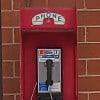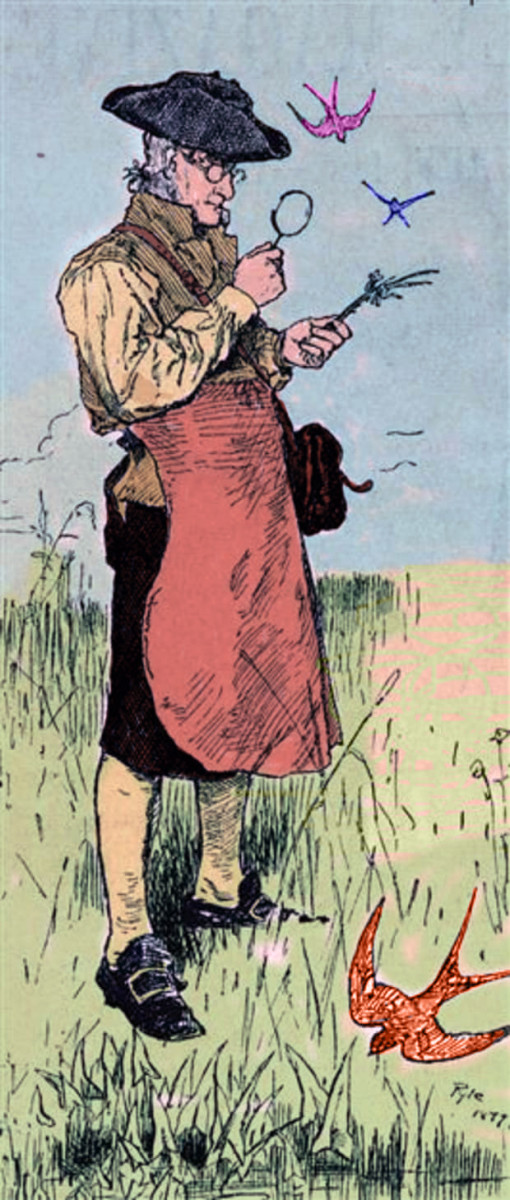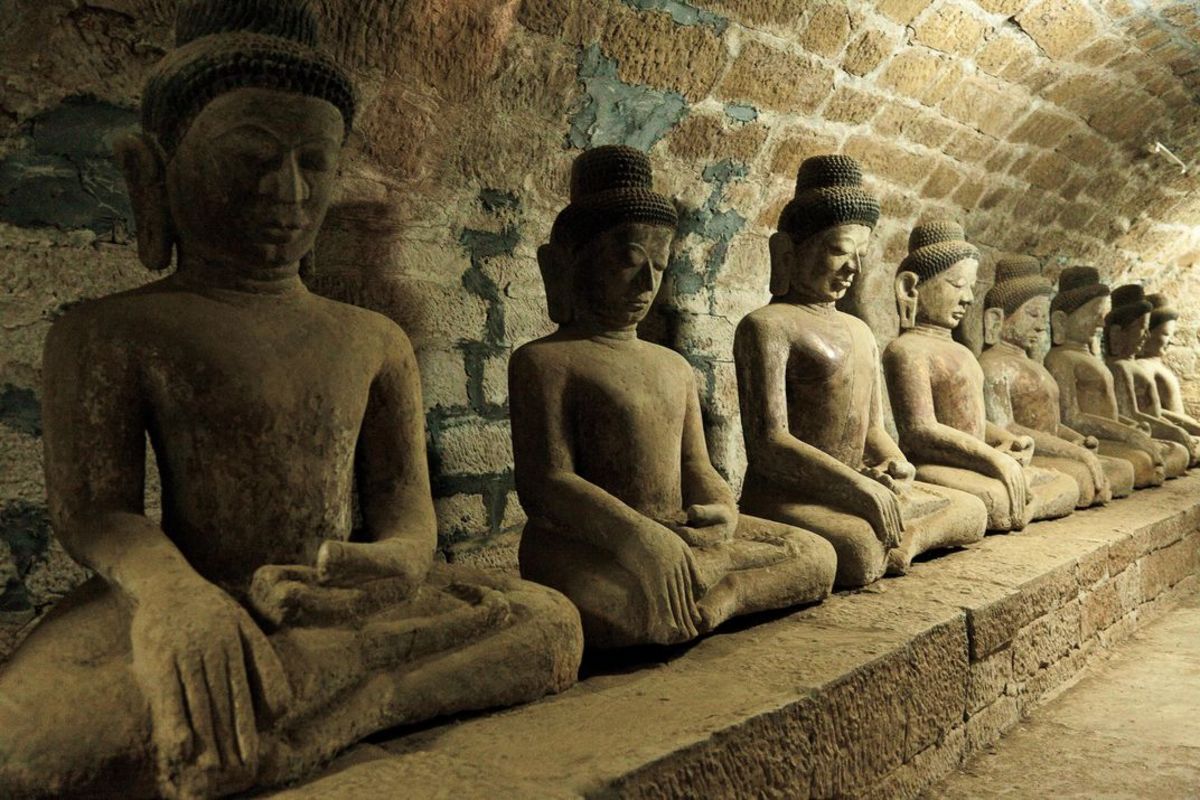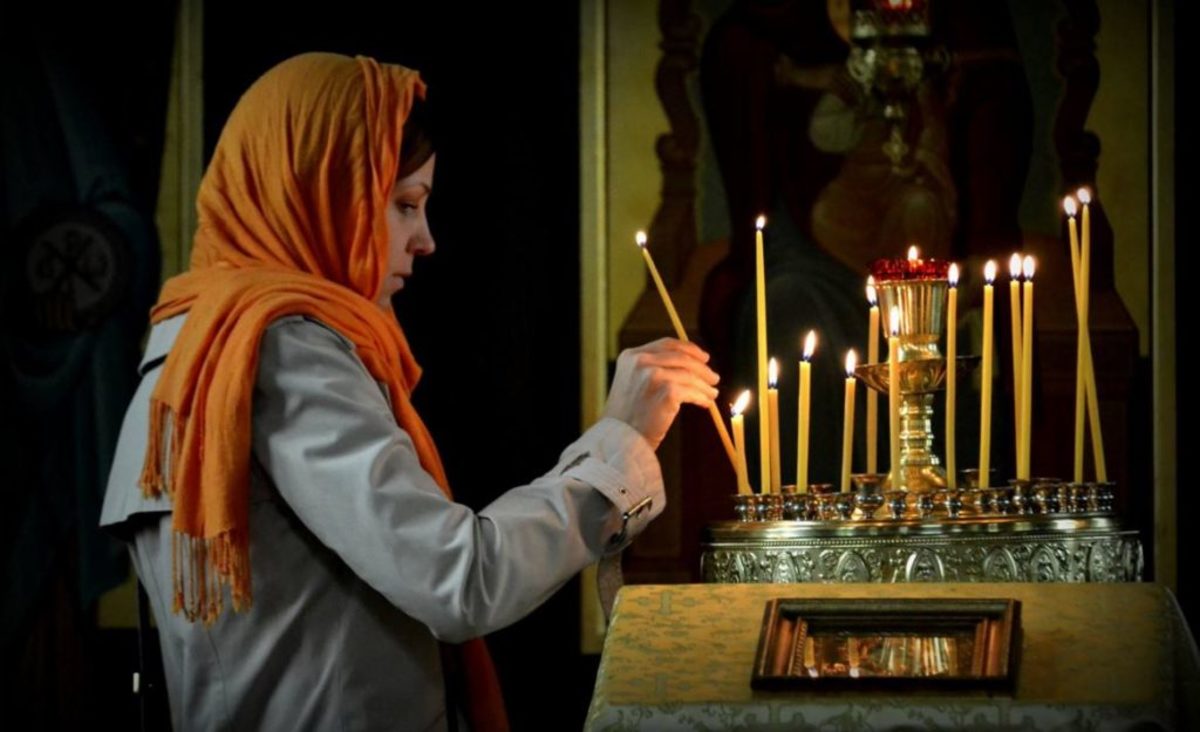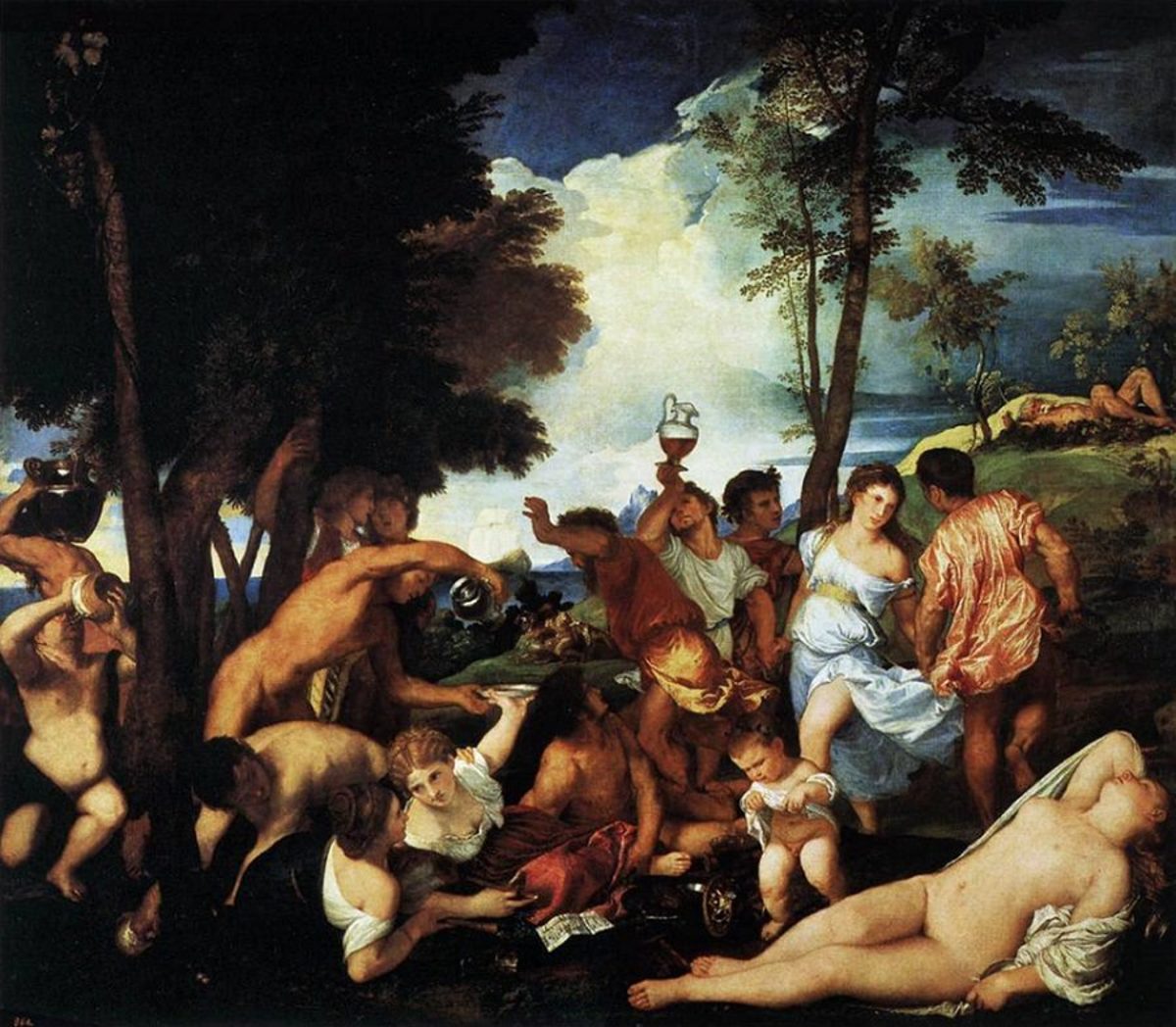Religious Leaders of America's Past--William Penn in Quaker Pennsylvania
George Fox
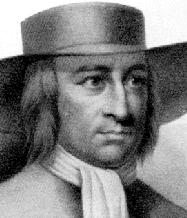
The Old World Background
Many people were involved in establishing the Quaker religion in the American colonies. Originally known as The Society of Friends or simply Friends began in 1647 when an Anglican, George Fox, spent his early youth going around England from church to church, preacher to priest but found no answer to his questions. He eventually did missionary work for the Quakers in both England and America
Early settlement in the New World
- Several attempts for Quakers to settle in the colonies. In 1656 Quaker missionaries Mary Fisher and Ann Austin were seized in Boston by authorities. They were deported after there possessions were confiscated
- Rhode Island welcomed them and they even elected Quaker governors for more than a century.
- In Maryland the Catholic Lord Baltimore granted liberty of conscience to them.
- In Long Island in 1657 Quaker missionaries drew Robert Hodgson drew crowds to his meeting. He was arrested, imprisoned and flogged. The citizens petitioned for his release and won.
William Penn received a grant of land that became Pennsylvania, which was payment of a dept owed to his father by King Charles II. The Duke of York, later King James II added the territory of Delaware. William Penn (October 14, 1644-July 30, 1718) Penn’s father was an Admiral in the Commonwealth Navy during the English Civil War.
William Penn
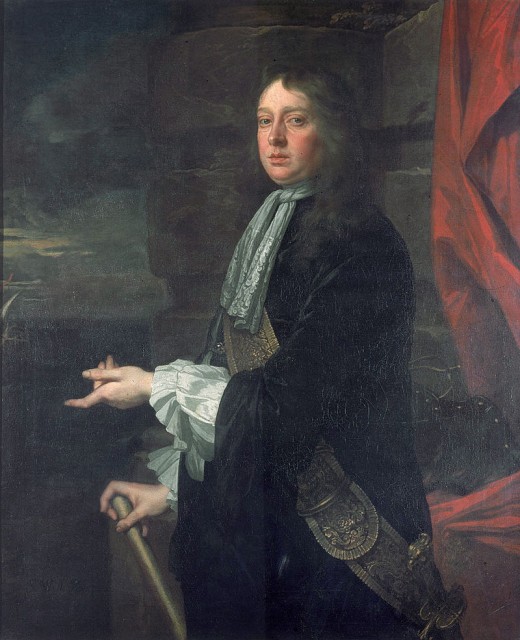
Penn’s early life
His father was often away at sea. He caught the pox when he was five years old and lost all his hair. And it prompted his parents to move to the suburbs, an estate in Essex. His education was at Chigwell School by private tutors in Ireland and then at Christ Church, Oxford. There were no public schools and most of the schools were with the Anglican Church. Since the schools were very puritanical in its discipline and curriculum Penn absorbed much Puritan behavior and was considered to be serious, strict in behavior and lacking humor. Due to his stay in Paris, however, he did develop a taste for fine clothes and paid more attention to dress than the average Quaker.
He did have a stint at the military when he went to Ireland with his father in1666 to manage family landholdings. He even thought of a military career. But he gave that up. Under King Charles restrictions against all religions except the Anglicans increased. Quakers were targeted more than others. Penn was arrested for attending Quaker meetings. Although he was not a Quaker at the time, he declared himself one and joined them at the age of 22. His father objected to his conversion, ordered him out of the house and withheld his inheritance.
Quakers refused to bow or take off their hats to social superiors because they believed all men were equal which did not go over well in a Monarchy. They did not pay tithes, refused to swear oaths to the king. They had no formal ceremonies, but indulged in silent meditation in a meetinghouse. Each individual gets God’s communication directly.
When he was about fifteen he met Thomas Loe, a Quaker missionary who was criticized by both Catholics and Protestants. However, he was admitted to the Penn household and influenced young William.
He enrolled in Oxford in 1660 as a gentlemen scholar. with a servant assigned to him. There was a mixture of Cavaliers, Puritans and Quakers there. Status wise he was one of the Cavaliers but his sympathies were with the Quakers who were being picked on by that group. He became reclusive to avoid conflict. During that period he also found that he did not care for his fathers military view or his mother’s society sensibilities.
Penn learned to think and reason When the Dean of the college was censored and fired for his free thinking, Penn stood by him, which resulted in himself getting fined and reprimanded. The Admiral pulled him out of Oxford hoping to get his son to look in other directions. It did no good. At eighteen he was sent to Paris to get him away, improve his manners and get exposure to another culture.
In France he was bothered by the extravagant displays of wealth. He was impressed by Notre Dame and Catholic ritual but was not comfortable with it. He turned to French Protestant theologian Moise Amyraut who had a view of religion that Penn liked.
Treaty with the Indians
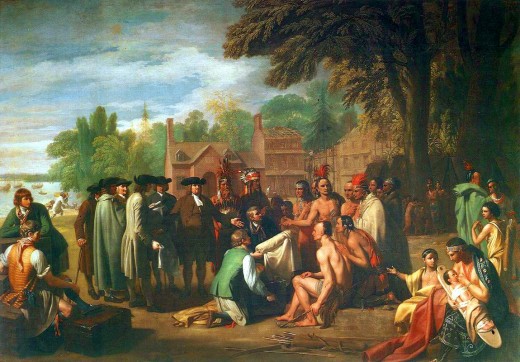
Penn’s activism
Penn became the first theological theorist and legal defender of Quakerism. He provided its written doctrine and helped establish its public standing. He got in trouble himself by writing tracts criticizing the other religions.
After several conflicts with the English authorities over his religious activity Penn proposed to the King a mass emigration of the English Quakers. For whatever reasons the king went along with it and granted Penn land that became Pennsylvania. The King named it Pennsylvania in honor of Penn’s father.
Penn went to the colony in 1682. He made friends with the Indians and met with them at Shackamason, which was an ancient meeting place for the Indians. And a treaty was signed that all were satisfied with.
Penn had a carefully worded a Frame of Government for Pennsylvania which gave the citizens booth liberty and responsibility. It was a government dedicated to religious freedom, equality and peace. Pennsylvania was Penn’s “Holy Experiment.” His charter guaranteed free and fair trial by jury, freedom of religion as well as from unjust imprisonment and free elections.
The business side
He hoped it would be a profitable venture but proclaimed he would not exploit either the natives or the immigrants. He set about establishing a legal framework for an ethical society with power derived from the people, in the way of a Quaker meetinghouse. He also thought it important to limit his own power. The government would have two houses, safeguard private property rights and free enterprise with fair taxes. Only two crimes, treason and murder, would be capital offenses. Prisons would be progressive. His laws of behavior were somewhat Puritanical such as no swearing, lying, drunkenness, stage plays, gambling etc.
However, Penn was not a good businessman and did not pay attention to details. Therefore he ran into troubles and conflict later. He died penniless in 1718.
United States Constitution
Later in the 1700’s when the Founding fathers met to write a constitution they used Penn’s example to work from. Most of our freedoms and rights come from what was set forth by William Penn.
